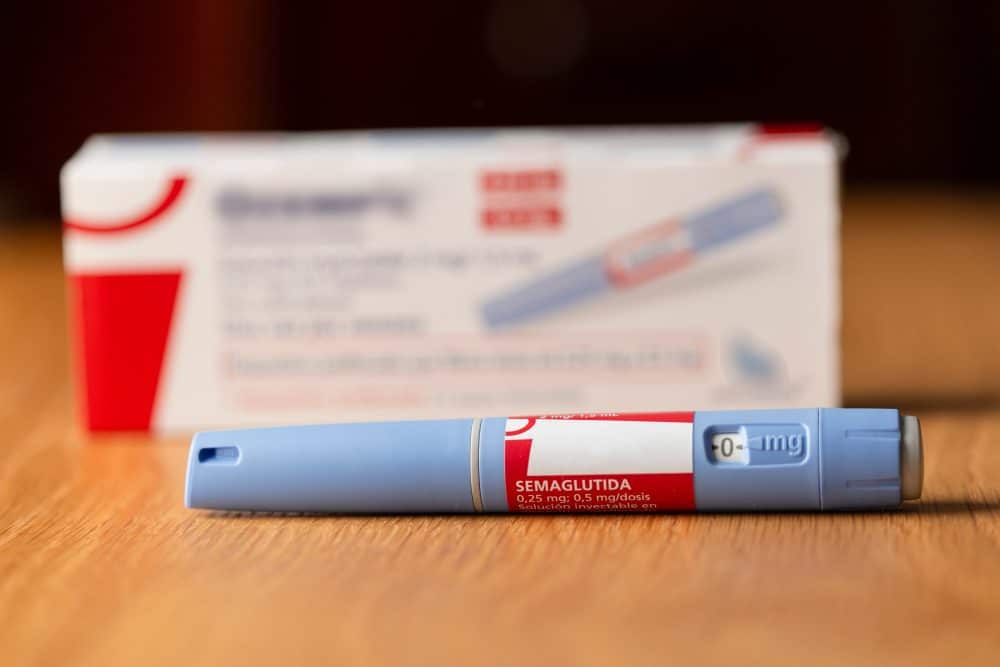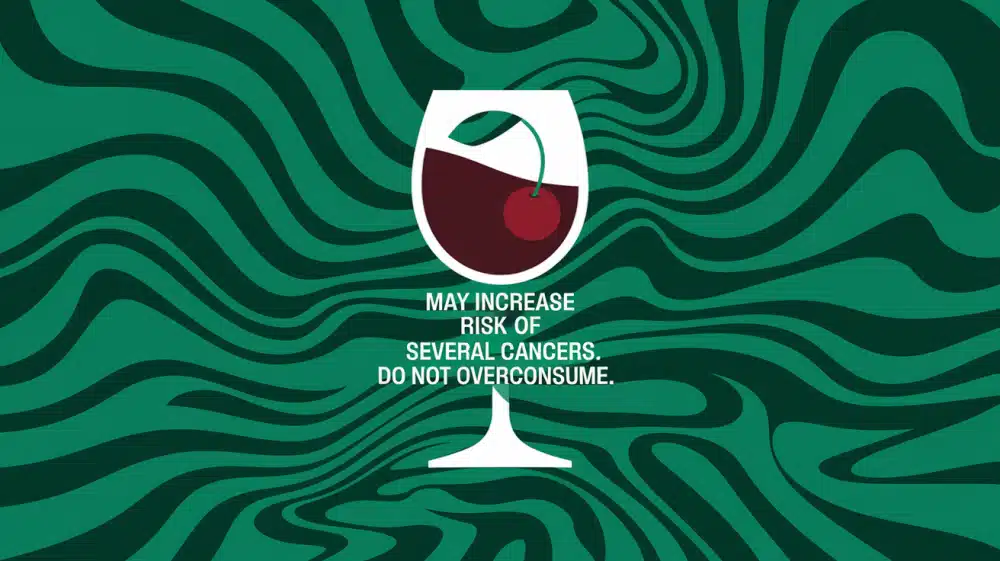Updated Centers for Disease Control and Prevention (CDC) statistics found excessive alcohol use was responsible for more than 140,000 deaths in the United States each year between 2015 and 2019 — about 380 deaths per day.1
Recently released data from the National Institute on Alcohol Abuse and Alcoholism (NIAAA) warns that alcohol-related deaths jumped over 25 percent between 2019 to 2020, the first year of the global pandemic, so deaths per day are now likely to be much higher than those last reported by the CDC.2
Regular consumption of large amounts of alcohol causes physical and mental dependence on the substance. If a person suddenly stops using alcohol once dependence has set in, they will experience withdrawal symptoms, known as alcohol withdrawal syndrome (AWS).
Symptoms of AWS range from mild tremors to the most severe form of withdrawal called delirium tremens, commonly called DTs, which is life-threatening.3 Although DTs affect only about three to five percent of people going through alcohol withdrawal, the symptoms are severe and can be lethal.4 People who have regularly consumed large amounts of alcohol for ten years or more are at the most significant risk of experiencing DTs upon alcohol cessation.5
Symptoms of Alcohol Withdrawal Syndrome and Delirium Tremens
Alcohol withdrawal syndrome includes symptoms that affect long-term drinkers when they stop using alcohol. The most common alcohol withdrawal symptoms include:6
- Tremors
- Restlessness and agitation
- Insomnia
- Nightmares
- Night sweats
- Rapid heart rate
- Fever
- Nausea with or without vomiting
More severe withdrawal symptoms may include:7
- Seizures
- Auditory, visual, or tactile hallucinations
- Delirium tremens
Delirium tremens is clinically diagnosed as alcohol withdrawal delirium (AWD) and involves “sudden and severe mental or nervous system changes.”8 Most of those with DTs exhibit an inability to think clearly or focus (altered sensorium) and dangerous fluctuations in their vital signs. Other symptoms of delirium tremens include:9
- Agitation
- Visual hallucinations
- Abnormally rapid heart rate
- High blood pressure
- Abnormally high body temperature
- Unusual, heavy sweating
Symptoms usually occur within 48 to 96 hours after the last drink. However, in some cases, symptoms don’t appear for seven to ten days after the last alcoholic drink.
Experts at the National Library of Medicine warn that symptoms can quickly escalate.10 Seizures are common in the first 12 to 48 hours after alcohol cessation; extreme emotional fluctuations, sensitivity to light, sound, touch, and stupor are also common. A person experiencing DTs is undergoing a medical emergency, making immediate medical intervention a matter of life and death.
What Causes Delirium Tremens?
Alcohol affects regions of the brain that regulate pleasure and reward, balance, memory, speech, and judgment, impairing normal function. A regular influx of an addictive substance like alcohol disrupts normal brain functions, forcing the brain to alter specific neural pathways to accommodate the presence of the substance. The continued presence of large amounts of alcohol may decrease the size of neurons, causing the brain to shrink.11
Many studies have found the developing adolescent brain particularly vulnerable to the effects of alcohol, potentially incurring permanent changes in brain structure and function.12
The body of a healthy individual who does not use addictive substances is typically in a state of homeostasis or balance, meaning functions controlled by the brain are operating well. Alcohol and other addictive substances upset homeostasis, pushing vital chemicals, neural pathways, and normal functions out of balance.13
Alcohol forces the brain to create a new sense of balance to cope with the constant state of alcohol-induced overstimulation and rewires functions to work despite the presence of alcohol. The brain establishes a “new norm” or setpoint.
Once the brain has adapted to large amounts of alcohol over a long term, and alcohol use suddenly stops, the brain is thrown into a severe state of imbalance, causing withdrawal symptoms to occur.14
Because the brains of those who have used large amounts of alcohol for ten years or more must make the most drastic changes to accommodate the substance, their withdrawal symptoms are typically the most severe.
Other factors that increase the risk factor for DTs include:15
- History of DTs
- Low platelet count
- Low potassium level
- Head injury
- History of seizures
- Co-occurring infections, respiratory and cardiac disease
- High blood pressure
- Older age
Delirium Tremens Treatment
Severe withdrawal symptoms, which may include DTs, can be fatal. It is critical that a person who has been a heavy drinker for many years undergo medically supervised detoxification.
Because the severe effects of DTs are now recognized and treated early, mortality rates have dropped to less than five percent. Complications contributing to DT deaths may include a dangerous protein in the blood (rhabdomyolysis), heart arrhythmia, pneumonia, pancreatitis, older age, and other comorbid medical conditions.16
When treating a person experiencing DTs, medical detox experts aim to decrease morbidity and mortality by administering medications to keep the person physically and mentally safe.17 Once the individual is stabilized and completes the detox program, medical detox staff will guide them to an alcohol recovery treatment plan that fits their needs and provide resources for treating underlying medical conditions.18
Medically supervised detox may include:19
- Around-the-clock monitoring of vital signs
- Blood pressure medications
- Pain medications
- Intravenous fluids to treat dehydration and rebalance electrolytes
- Benzodiazepines to calm anxiety
- Antipsychotic drugs to prevent hallucinations
- Anticonvulsants to stop seizures
In most cases, delirium tremens resolve within ten days of treatment.20 However, detox is only the first critical step in alcohol addiction recovery. The risk of relapse is extremely high without appropriate psychotherapeutic treatment for alcohol dependence.21
Gallus Medical Detox Centers
Without medical supervision, detox can be dangerous and include frightening symptoms. However, keeping our clients safe, calm, and comfortable throughout the experience is the number one goal of our expert team. At Gallus, we are proud to have a proven track record of successful medical detox outcomes. Contact us today to learn how you or a loved one can withdraw from alcohol safely through effective and comfortable treatments provided by addiction experts.
Sources
- https://www.cdc.gov/alcohol/features/excessive-alcohol-deaths.html
- https://www.niaaa.nih.gov/news-events/research-update/deaths-involving-alcohol-increased-during-covid-19-pandemic
- https://www.ncbi.nlm.nih.gov/books/NBK441882/
- https://www.ncbi.nlm.nih.gov/books/NBK482134/
- https://medlineplus.gov/ency/article/000766.htm
- https://www.ncbi.nlm.nih.gov/pmc/articles/PMC4606320/
- https://www.ncbi.nlm.nih.gov/pmc/articles/PMC4606320/
- https://medlineplus.gov/ency/article/000766.htm
- https://www.ncbi.nlm.nih.gov/books/NBK441882/
- https://medlineplus.gov/ency/article/000766.htm
- https://www.niaaa.nih.gov/alcohols-effects-health/alcohol-and-brain-overview
- https://www.niaaa.nih.gov/alcohols-effects-health/alcohol-and-brain-overview
- https://www.verywellmind.com/definition-of-homeostasis-22207
- https://www.verywellmind.com/definition-of-homeostasis-22207
- https://www.ncbi.nlm.nih.gov/pmc/articles/PMC6286444/
- https://www.ncbi.nlm.nih.gov/books/NBK482134/
- https://www.ncbi.nlm.nih.gov/books/NBK482134/
- https://www.ncbi.nlm.nih.gov/pmc/articles/PMC6286444/
- https://www.webmd.com/mental-health/addiction/delirium-tremens
- https://pubmed.ncbi.nlm.nih.gov/28320026/
- https://www.webmd.com/mental-health/addiction/delirium-tremens


 Steve B
Steve B 
